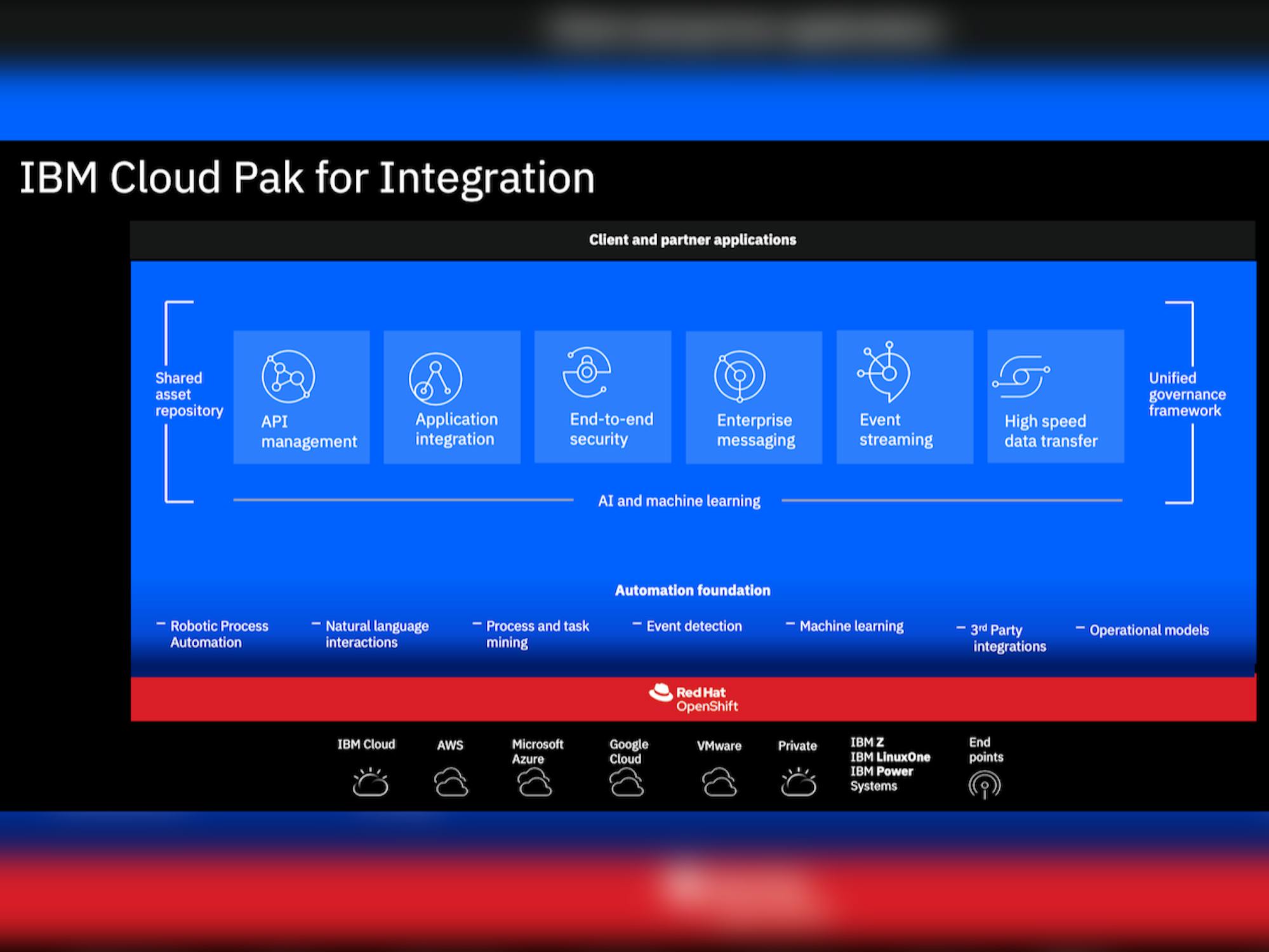IBM Cloud Pak for Integration: A Comprehensive Analysis of Its Capabilities and Competing Solutions
Aug 3, 2023

In today's interconnected world, organizations are increasingly reliant on seamlessly integrating their diverse applications and data sources to achieve operational efficiency and drive business innovation. IBM Cloud Pak for Integration (CP4I) stands out as a leading hybrid integration platform that empowers organizations to connect their on-premises, cloud, and hybrid environments, fostering data-driven insights and streamlined business processes.
The Significance of Hybrid Integration
In the modern enterprise, the challenge of integrating applications and data across various environments has become increasingly complex. Traditional integration approaches often fall short in addressing the demands of hybrid and multi-cloud deployments, leading to data silos, fragmented workflows, and hindered agility. CP4I addresses these challenges by providing a unified integration platform that seamlessly connects applications and data across any environment, enabling organizations to:
- Break down data silos and unlock the value of hidden insights: CP4I empowers organizations to integrate their disparate data sources, providing a holistic view of their business operations and enabling data-driven decision-making.
- Streamline business processes and enhance productivity: CP4I automates manual workflows, reduces process bottlenecks, and improves overall operational efficiency.
- Drive innovation and agility: CP4I's hybrid capabilities enable organizations to quickly adapt to changing business needs and embrace new technologies.
Comparing CP4I to Contemporary Solutions
To fully appreciate the capabilities of CP4I, it's essential to compare it to other prominent integration solutions in the market. While each solution has its strengths and weaknesses, CP4I stands out in several key areas:
- Breadth of integration capabilities: CP4I provides a comprehensive set of integration tools for various scenarios, including API management, event-driven integration, enterprise messaging, and data transformation.
- Hybrid and multi-cloud support: CP4I seamlessly integrates applications and data across any cloud or on-premises environment, eliminating the limitations of siloed integration solutions.
- AI-powered automation: CP4I's AI capabilities automate complex integration tasks, reducing manual effort and improving integration efficiency.
- End-to-end security: CP4I's robust security features protect sensitive data and ensure the integrity of integrations.
Licensing and Billing Models: Transparency and Flexibility
IBM's licensing and billing models for CP4I offer transparency and flexibility, allowing organizations to align their software costs with their specific usage requirements. The subscription-based model provides predictable pricing, while the consumption-based model ensures that organizations only pay for the resources they use. Additionally, IBM offers various pricing tiers to cater to the diverse needs of different organizations.
Real-World Use Cases: Demonstrating CP4I's Value
CP4I's capabilities have been successfully implemented by numerous organizations across various industries, demonstrating its real-world value:
- A leading financial institution utilized CP4I to integrate its legacy systems with its cloud-based applications, streamlining customer onboarding and improving operational efficiency.
- A global healthcare provider deployed CP4I to connect its patient data across various systems, enabling better care coordination and improved patient outcomes.
- A manufacturing company leveraged CP4I to integrate its factory floor systems with its enterprise resource planning (ERP) software, optimizing production processes and reducing downtime.
Conclusion: CP4I – The Undisputed Leader in Hybrid Integration
IBM Cloud Pak for Integration stands out as the premier hybrid integration platform, empowering organizations to connect their applications and data across any environment, streamlining business processes, and driving innovation. Its comprehensive capabilities, AI-powered automation, and robust security features make it an indispensable tool for organizations seeking to thrive in today's data-driven world.